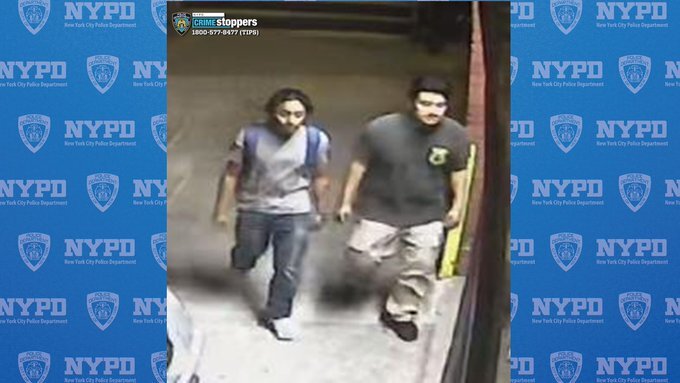By Patrick Donachie
Queens District Attorney Richard Brown called on the New York State Commission on Forensic Science to consider expanding the type of DNA testing currently allowable in the hopes of finding a suspect in the unsolved murder of a Howard Beach jogger last summer, as well as other unsolved cases.
Brown announced Sunday the commission had agreed to consider authorizing the use of familial DNA testing, which can find close matches in DNA data banks that would indicate if that individual could be related to the unknown suspect.
Brown cited the murder of Karina Vetrano, who went for a jog on the afternoon of Aug. 2. Her father contacted the NYPD when she did not return home, and she was found in Spring Creek Park that evening. She had been badly beaten and strangled to death, and police found evidence of sexual assault. Police recovered DNA from a single male assailant, but a search in the DNA data banks did not find a match.
Police continue to seek a suspect in her murder, and in a letter to Michael C. Green, the executive deputy commissioner of the state’s Division of Criminal Justice and the chairman of the Commission on Forensic Science, Brown called for the authorization of familial DNA searching to assist police in their efforts towards solving this and other cases.
“This tragic murder has been exhaustively investigated using every tool currently available, but it remains unsolved,” Brown wrote. “The killer remains at large, the public remains in danger, and the suffering of the victim’s family is amplified by law enforcement’s inability to solve this most awful crime.”
Familial searching involves a special type of DNA testing on the Y chromosome, according to Brown’s office. The DA said 11 states currently conduct familial DNA searching, including California, Florida, Texas and Virginia. The process could also help solve cold cases in addition to Vetrano’s murder, the DA said.
The testing stirs worries from civil libertarian advocates, who are concerned that it could pull innocent individuals into police investigations, but Brown contended the technique is only meant to narrow the list of potential suspects and would not lead to wrongful convictions.
Police also encouraged the public to be cognizant of potential characteristics of the killer, saying he may have been familiar with Spring Creek Park and been seen by people who use the park on a regular basis. Police said the killer may have stopped visiting or living in the park after the murder, might have looked like he had been in a fight and may have changed his appearance after the murder. Police encouraged the public to contact the NYPD with any information they may have about the case at NYPD Crime Stoppers at 1 (800) 577-TIPS.
Reach reporter Patrick Donachie by e-mail at pdona

































